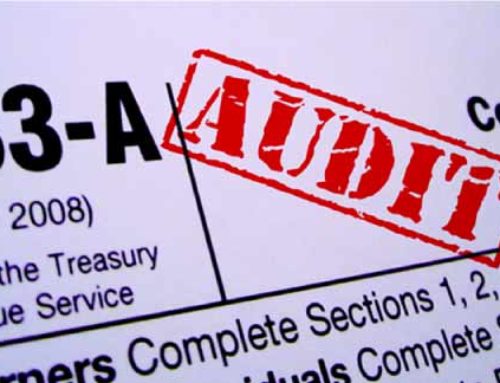
No Pun Intended...
In my quest for knowledge and continued education about the accounting and tax side of the cannabis industry, I always find myself reading legal cases decided by the tax courts regarding the application of Internal Revenue Code (IRC) 280E by cannabis business owners. One of the things that has remained constant in ALL of these cases is that the IRS ALWAYS wins when it comes to IRC 280E. No matter how the business owner attempts to explain why he/she thinks that IRC 280E does not apply to their legal medical marijuana business the IRS always rules against the business and the owner ends up paying hefty fines and penalties sometimes in the millions. The IRS code is very clear in its explanation of IRC 280E and the correct application of the code; however, cannabis businesses continue to challenge the IRS on the code’s application. One would have thought after the infamous Harborside case along with the multi million dollar ruling that no other cannabis business would challenge IRC 280E again but they still do.
IRC 280E states that a business that traffics in a controlled substance, Schedule I or II, as defined by the Controlled Substance Act, is not allowed any tax deductions or credits that are normally allowed by non-cannabis businesses. It does not matter if the cannabis business is legally allowed to operate under state law. The cannabis business owner argues that it is a legal business entity and should not be subject to IRC 280E.
The Problem:
Over 90% of cannabis businesses are not performing cannabis accounting correctly. Some of these businesses have great accountants, but they are not familiar with cannabis accounting and the IRC regulations that govern cannabis accounting and reporting. The non cannabis accountant will treat all business expenses incurred in operations in determining taxable income which is incorrect according to IRC 280E. As a result, these businesses are penalized by the IRS and are paying huge fines and penalties. Some cannabis businesses are losing their licenses and ability to operate, shutting down completely, and some owners have faced prosecution and jail time.
The Solution:
The solution is to hire an accountant who is trained and knowledgeable in cannabis accounting and understands how to apply IRC 280E. A trained cannabis accountant knows that you cannot recognize ordinary business expenses in calculating taxable income like other non-cannabis businesses. A trained cannabis accountant would know that you are required to calculate gross profit by deducting your cost of goods sold which is allowable from revenue to determine taxable income. By using the highly, skilled and trained cannabis accountants at CAC Group, you will receive accurate monthly accounting, a system that ensures you are audit ready, and the reports you need to run your business.
Schedule Your FREE Accounting Assessment!
Let's have a quick chat about your accounting practices to see if you are IRS audit proof. Don't wait because you could be next to receive a Notice of Deficiency from the IRS.

